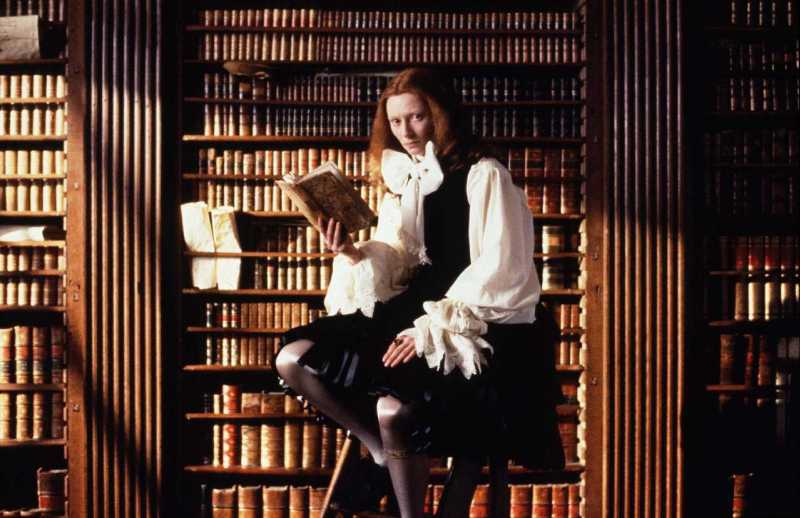While the usual Pride parade may not be possible this year, we’re still keen to amplify LGBTQ experiences and lives. Golnoosh Nour, a Creative Writing Alumna, teacher and author of her most recent short story collection, ‘The Ministry of Guidance‘ shares her essential LGBTQ reading list.
Fiction: Three Queer Novels
Hot Milk by Deborah Levy: This is a book that beautifully depicts the fluidity of sexuality and desire. This novel was published in 2016, my prediction is that this book will become a classic for its mastery of plot, characterisation, and language, but also for its unapologetic portrayals of female desire, motherhood, and the nuclear family. Levy’s descriptions of lesbian desire and female bisexual desire are beatific. Also, Sofia Irina is one of my favourite protagonists. She is curious, clever, and bold – even though she thinks she is not bold, and she really is ‘pulsating with shifting sexualities’.
Guapa by Saleem Haddad: Another unputdownable novel with an adorable protagonist, Rasa. An Arab gay man who describes his beautiful but forbidden love for the closeted Taymour with the utmost sensitivity both in an imaginary Arab country and the United States. The book subtly debunks the myth that the West is a sanctuary for gay people. The novel also does so much more; it is an extremely nuanced account of being a Middle Eastern queer. While this book made me laugh out loud and cry several times, on the whole, I cherish it for its warmth and compassion. If books had hearts, I’d say Guapa has a heart of gold.
The Sluts by Dennis Cooper: I love this book for the exact opposite reason that I love Guapa; I’m intrigued by its depiction of brutality, cruelty, and hollowness that can accompany uninhibited sexual desires – in this case, homosexual men who enjoy being extremely violent and at times murderous to one another. But apart from these compelling depictions, this book is a work of literary genius in terms of narrative structure. It is a mystery that at the end of the day the reader needs to solve on their own – if they believe it needs to be solved at all. I did and I didn’t. I felt so overwhelmed by the ethereal and yet pungent quality of the prose that during the two days that it took me to finish it, I felt I was on some strange drugs. This was a drug that made me unable to read any other books for several weeks apart from the ones by Dennis Cooper.
(There are so many more amazing queer novels, including the enticing classic: The Line of Beauty by Alan Hollinghurst, My Education by Susan Choi, Rainbow Milk by Paul Mendez, London Triptych by Jonathan Kemp, and many more that the limitations of space don’t allow me to mention. The three I elaborated upon are the ones I discovered fairly recently in queerantine.)
Poetry
There is so much breathtaking contemporary poetry exploring queer desire: these are some of the collections I have been rereading during the lockdown: English Breakfast by Jay Bernard (a literary masterpiece that boldly explores race, gender, and sexuality, not often talked about as it’s probably ‘too queer’ for the UK poetry scene) Soho by Richard Scott (a queer bible), I Must Be Living Twice by Eileen Myles (funny and canocial), Rabbit by Sophie Robinson (deliciously readable, yet deep and sapphic), Selah by Keith Jarrett (a star Birkbeck alumni!), Muses and Bruises by Fran Lock (especially the poem Rag Town Girls do Poetry, also, Fran is another Birkbeck star…), and last but not least Insert [Boy] by Danez Smith (their first and in my not very humble opinion, strongest collection).


